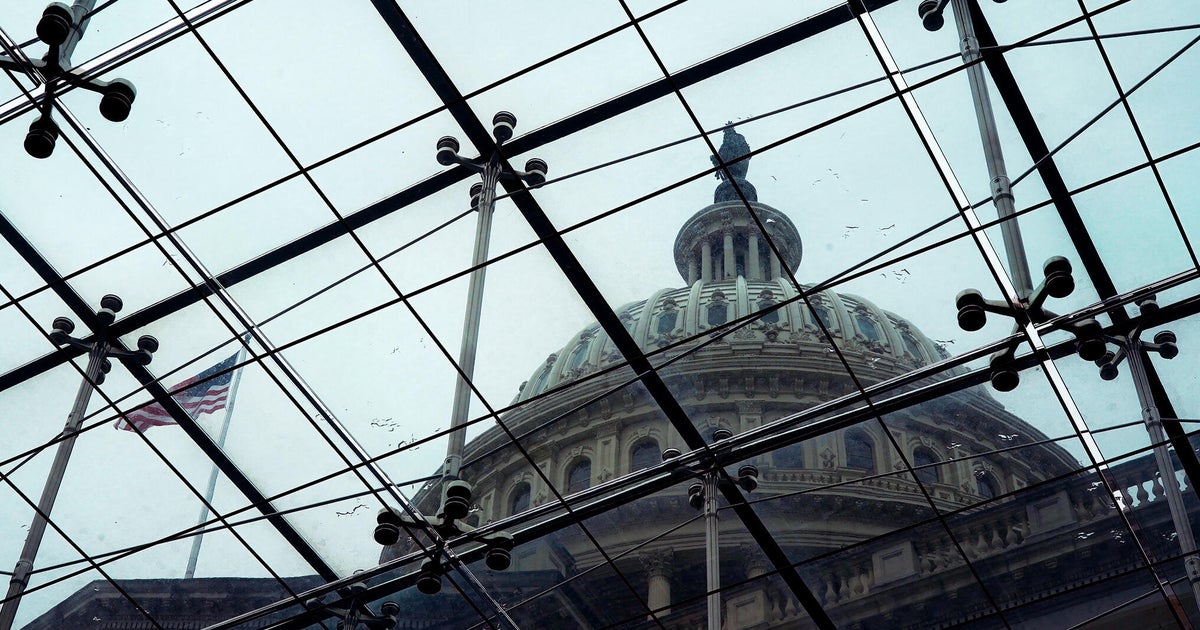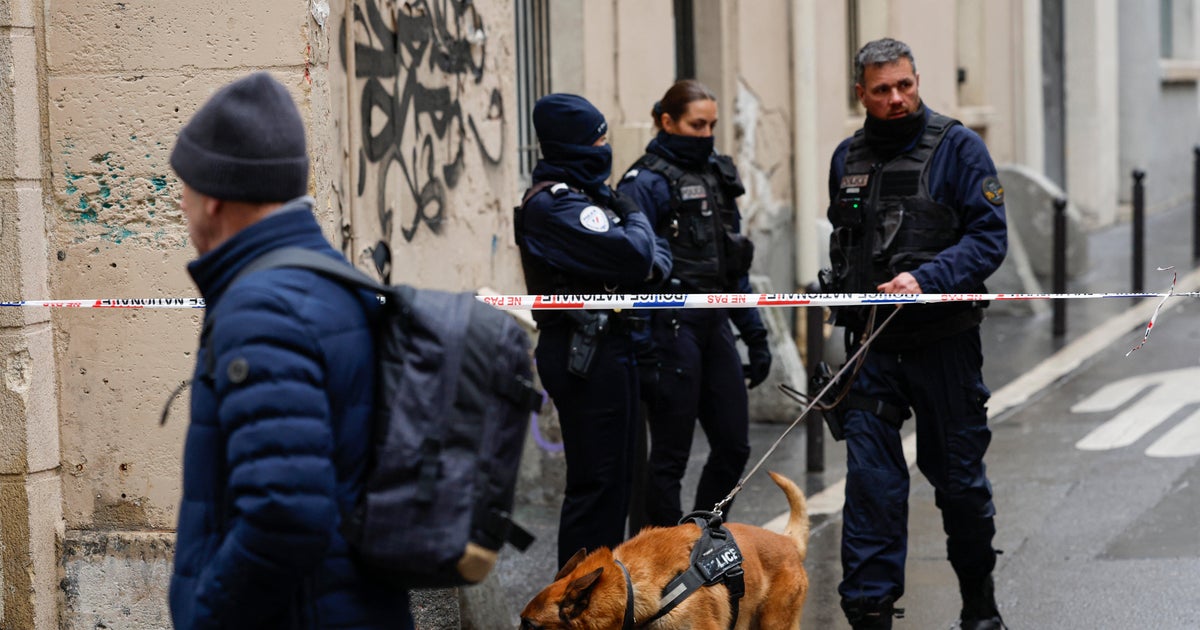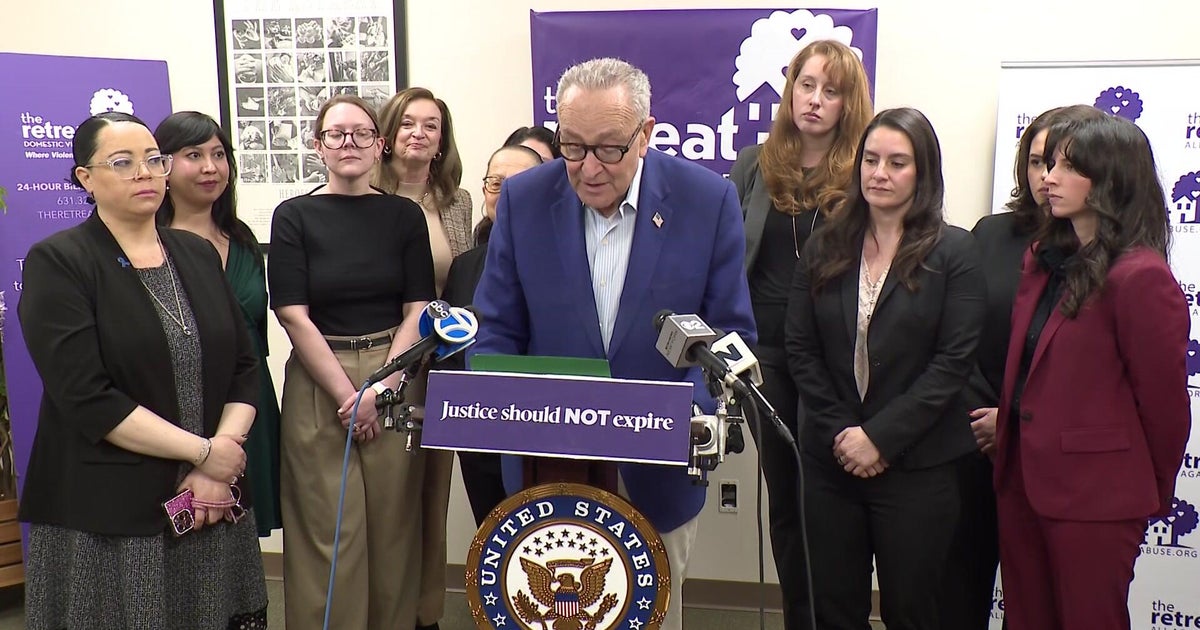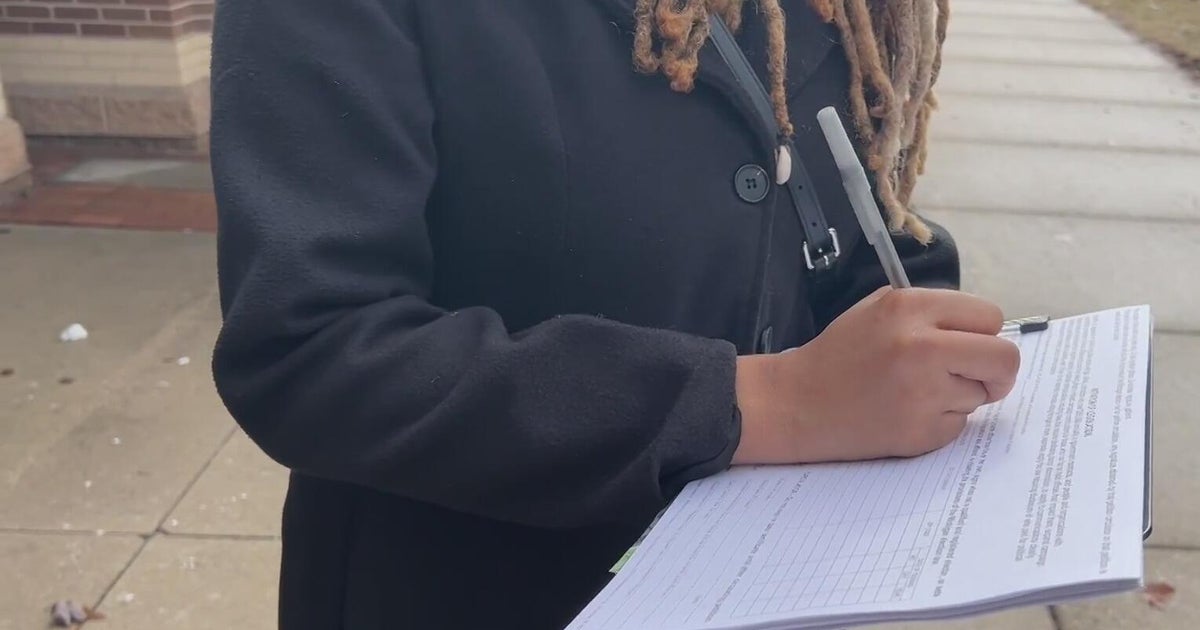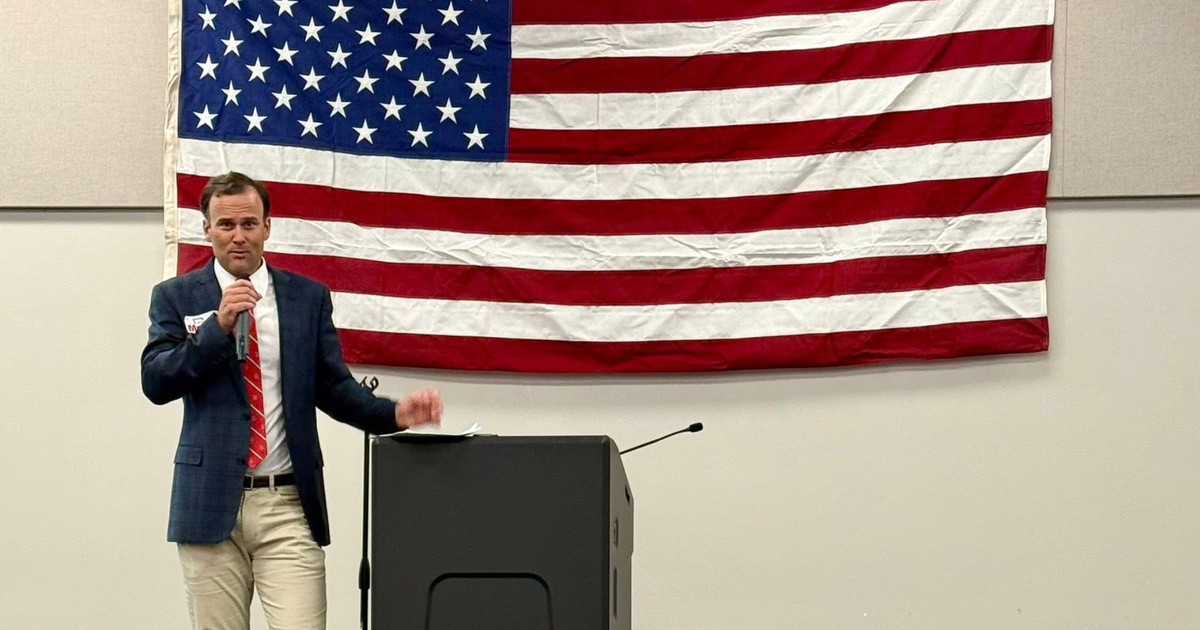Gun control, assault weapons ban a major part of Sen. Dianne Feinstein's legacy
SAN FRANCISCO – During her three decades on Capitol Hill, one of Sen. Dianne Feinstein's top priorities was fighting the gun lobby.
Feinstein's words were direct, when talking about gun legislation.
"These weapons are not for hunting deer, they're for hunting people," the senator said in a push for an assault weapons ban.
The 1993 shooting at 101 California in San Francisco, in which a 55-year-old man walked into an office building and killed eight workers with a pair of semiautomatic pistols, had heavily weighed on Feinstein's mind, as she crusaded for gun control legislation.
"A law firm, secure on the 31st floor of a high-rise building, and a disgruntled employee walks in and just mows down employees," said Feinstein.
The 101 California shooting helped galvanize Congress to pass the 1994 crime bill. It included a federal assault weapons ban that Feinstein said she "was proud to have authored"
"Her role in passing these strong bills, her role in talking about extreme risk laws, her role in talking about assault weapons, it saved lives, and it will continue to save lives in the future, and we will never dismiss the role that she played in making sure that Americans were safer," said Brady Gun Violence Prevention/Director of Federal Policy Tanya Schardt.
The former Mayor and Supervisor of San Francisco remained a steadfast opponent of the gun lobby, pushing for the ban's renewal in 2004 and tried to reintroduce, after mass shootings, including Sandy Hook in 2012, when a gunman massacred 20 children and 6 adults.
"We're so grateful for her commitment and her support throughout the years and we will continue to honor her by pushing forward and moving for gun violence, prevention actions on a Federal level and on the state level," said Schardt.
"As much as I have respect for a lot of Sen. Feinstein's accomplishments, her gun control record for me is an absolute failure. It did not achieve any of the goals that she set out," said Second Amendment Foundation gun rights advocate Chris Cheng.
"The people have come back and said, you know what we disagree with you, Senator Feinstein, and in fact, we're gonna go and purchase more of these firearms, because that is what we feel is needed to keep ourselves safe in our country," said Cheng.
Her party's efforts failed to renew the ban but Feinstein's deep-rooted connection to the assassinations of Mayor George Moscone and Supervisor Harvey Milk, was a major force driving her enduring pursuit.
"I became Mayor as a product of assassination of the mayor being killed, and the first openly gay public official being killed by a friend and colleague of mine," said Feinstein.
The fight over assault weapons in Congress has remained a stalemate, but she pushed for a ban for her entire career.
Feinstein tried to make it clear throughout her legislative effort that she supported an individual's right to purchase a weapon for hunting or self-defense.


